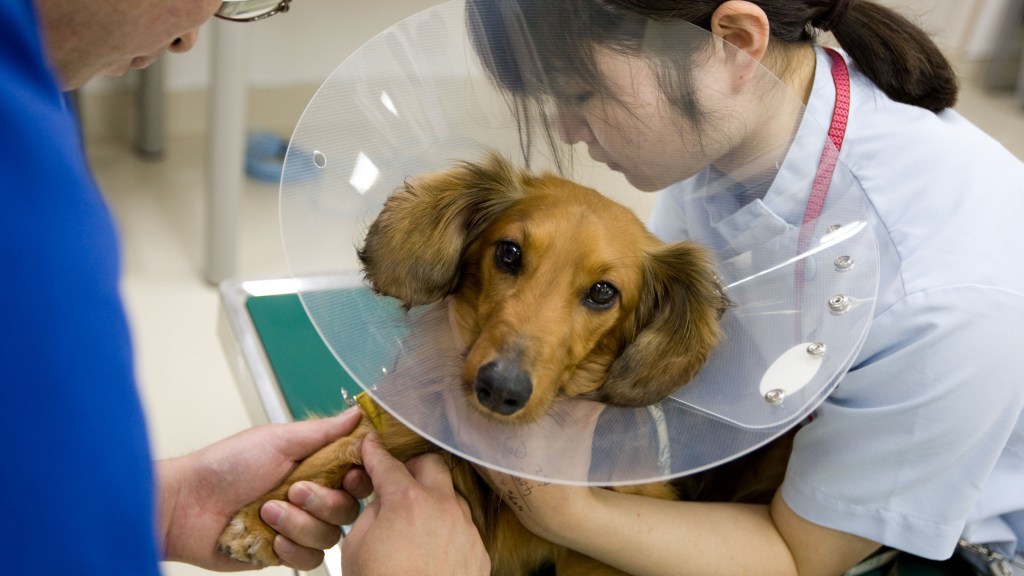CMA Veterinary Panel Faces Concerns Over Potential Bias
A recently appointed advisory panel by the Competition and Markets Authority (CMA) to assist in the investigation of the veterinary services market is under scrutiny due to concerns about potential bias. Several panel members have expressed anti-corporate or pro-independent practice viewpoints.
The CMA is conducting a comprehensive market investigation into the £5 billion-a-year veterinary industry amid worries that pet owners may be overcharged for medications.
This inquiry has intensified existing tensions between independent veterinary practices and those owned by large corporate entities that are consolidating their market presence.
Last week, the CMA revealed a six-member veterinary advisory panel formed to support its investigative efforts, which includes two veterinary nurses and four veterinary surgeons.
However, it’s been noted that four out of the six members work for independent practices, while only two are affiliated with corporate groups: Medivet, which is owned by CVC Capital Partners, and IVC Evidensia, supported by Swedish private equity firm EQT.
Notably, two members of the panel have publicly expressed support for independent practices. One member, a former regional director at CVS Group and founder of an independent practice in Lincolnshire, emphasized the importance of locally owned veterinary care, stating, “We firmly believe in revitalizing veterinary care that is community-focused, fostering lasting connections between vets, nurses, and clients.” He added that their recommendations are based on impartiality and a commitment to local employment.
Another panel member, who established her own practice in Kent in 2020, has stated that she champions independent veterinary practices, expressing discontent with the corporatization of the sector.
Concerns have been raised by a source at a large corporate practice regarding the need for a diverse panel that acknowledges the professionalism and advancements in the sector over the past two decades.
The CMA has not provided specific details about the selection process for the advisory panel, nor has it addressed whether it was aware of the panel members’ prior statements and concerns about bias.
A spokesperson for the CMA clarified that the advisory panel members were selected for their extensive veterinary expertise, emphasizing that their input will focus on technical, clinical, and therapeutic matters rather than business model opinions.
According to Martin Coleman, the chairman of the CMA inquiry group, the assembled panel is expected to contribute significant experience to ensure informed decision-making and appropriate conclusions.
This investigation by the CMA follows an initial review conducted last September, which generated an unprecedented 56,000 responses from pet owners and veterinary professionals.
The surge in pet ownership during the pandemic has paralleled a trend of corporate acquisitions of individual veterinary practices. Currently, nearly 60% of veterinary practices in the UK are owned by large corporations, a substantial increase from approximately 10% a decade ago.
Potential outcomes of the investigation could mandate greater transparency regarding pricing and ownership among vets, with the possibility of imposing price caps or requiring the sale of practices in more severe cases.




Post Comment